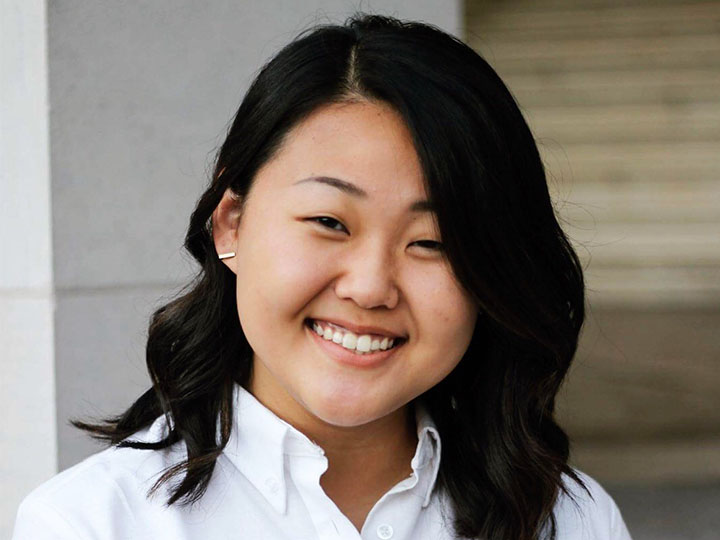UH Graduate Co-Authors 10 Research Papers with the Fertitta Family College of Medicine

Minji Chae strived to go beyond the traditional research lab setting. When she studied childhood obesity as an undergraduate at the University of Texas at Austin, she found purpose in human-centered research. She furthered her passion for health by co-authoring 10 population health research papers during her time as a graduate research assistant at UH’s Tilman J. Fertitta Family College of Medicine’s Humana Institute.
The pandemic marked an uncertain time of remoteness and social confinement globally, just when Chae had started working on her projects at the Humana Institute. Under Omolola Adepoju, M.P.H., Ph.D., Chae contributed to research that focused on the trend of telehealth and also, health-related effects of social isolation in elderly populations.
How did COVID change the landscape in the long-term? “Anything that is related to health disparities – those are obviously persistent. It’s interesting, in the time of the pandemic, where you just see those exacerbated,” Chae said.
In one of her projects, Chae had the opportunity to evaluate participation in a telemedicine based social isolation intervention for older adults in the Houston area. By using supervised machine learning methods, she analyzed data to identify important characteristics in predicting intervention participation. Her findings saw a few factors in predicting their participation, including: their functional comorbidity index, mental health issues, disability status, race and ethnicity. Chae went on to showcase her analyses in her thesis project, which focused on predicting hospitalization and lengths of hospital stays for adults with chronic kidney disease who were admitted to the emergency department.
“Having those specific features identified is just the first step into trying to tailor certain intervention programs for those specific populations to help maximize engagement,” Chae said. “Bringing that intersection of data science and population health – it’s really meaningful because there are a lot of different methods that allow for a lot of flexibility in prediction and analysis.”
Now having recently graduated from UTHealth School of Public Health with a Master of Science in Biostatistics, she strives to help others as a business analyst, post-grad. Her company’s efforts will help incorporate specialty pharmacies into hospital systems, working to help patients with rare diseases and complex health issues.
“I felt like the research that I was a part of at UH and the Humana Institute really helped to contribute to improving people’s lives. I’m excited to – in a similar sense – be a part of a company that does the same thing,” Chae said.